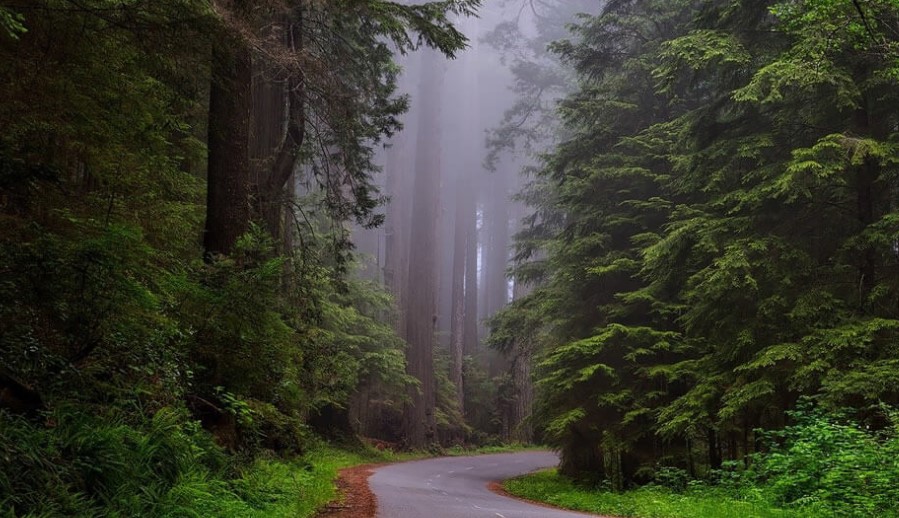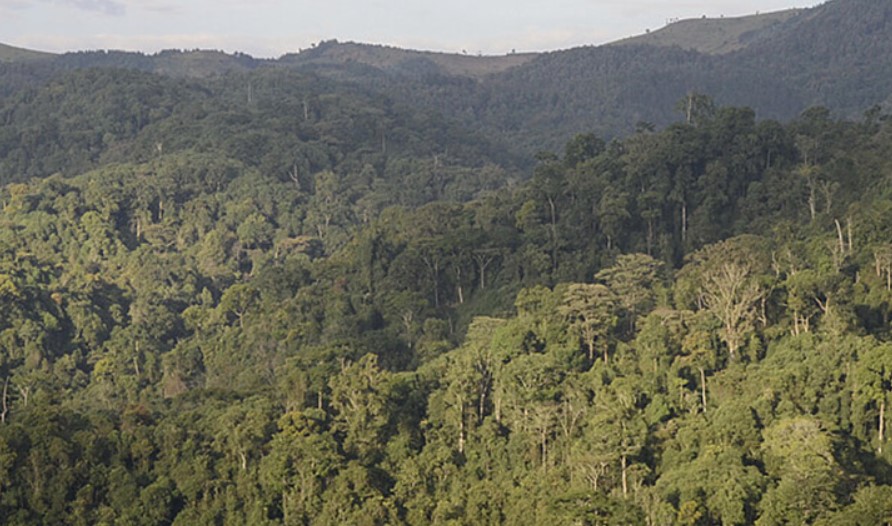Tree planting in Gishwati Mukura Forest- This is the forest that is found in the Congo Nile trail. One of the last remaining montane forests is Giswati and it has features a lot of attractions, As a result, the forest has survived, and this requires a great deal of enforcement. This forest is also home to some of the last remaining chimps and primates, such as golden monkeys and other monkeys.
The main threat to the Gishwati Forest today is the strain from a rapidly growing human population. In 2016, the forest was legally declared a public park in order to shift the wildernesses’ security and reconstruction pattern from one of corruption to one of security and rebuilding. The current rebuilding initiative relies on external assets to replant and secure the extra rainforest which has survived.
Once you get involved in tree planting, then you are literally engaging into the restorations of the forests and, as well, increasing the habitat restaurant and several thousand people, which is interesting.
The majority of the land destined for the Gishwati Forest is always privately owned by small-scale farmers, and the park contributes some of the funds to ensure that more land is purchased for the rain forests. There have been all of the relationships with the communities that live close to the forests.
Officers, guides, and reforestation projects are all carried out by locals. A few networks have been set up in various tourism sector administrations, such as honey production and basket weaving. The recreation area successfully works with networks in arranging which yields to grow close to the backwoods to decrease the risk of attack from monkeys and other creatures at various times of the year.

Gishwati forest has been seriously hit by illegal human activities. War activities, firewood collection, farming, and then subsistence farming are just a few of the interesting activities that have had an impact on the forest.
Because of these activities, the size of the forest has since been reduced, and this has also led to the loss of the habitats for the important species.
The loss of the rainforest has had a negative impact on the natural habitats of key species such as the eastern chimpanzee, rare orchids, and Albertine endemic bird species. Natural forests also provide managements with a variety of ecological frameworks. The forests not only capture and store a lot of carbon dioxide from the air, but they do it in a variety of ways. The forests also benefit the surrounding farms by holding and slowly dispersing water and preventing dirt from being washed away.
Avalanches are prevented by the forest cover, which creates a stable microclimate. It also provides natural material that enhances the soil and reuses basic soil additives, eliminating the need for expensive synthetic compost. The woodland is a hive of activity, with a plethora of birds, bats, and creepy crawlies that fertilize crops and keep bugs at bay.
At the moment, the Gishwati Mukuru National Park is managed and run by the Rwanda Management Board, and it runs with the Imi Eco Tourism Development Limited as well as the foundations for the Hope Association, and the Rwanda Development Board is overseeing all the activities of the park and other safaris that are interested in making sure that everything is safe.
Your donation will go towards Forest of Hope Association’s activities in Gishwati Forest, namely the purchase and reforestation of land within Gishwati Mukura National Park. At a nearby tree farm, reserves are used to cultivate native tree species that are then planted on the repurchased land.


Comment (0)